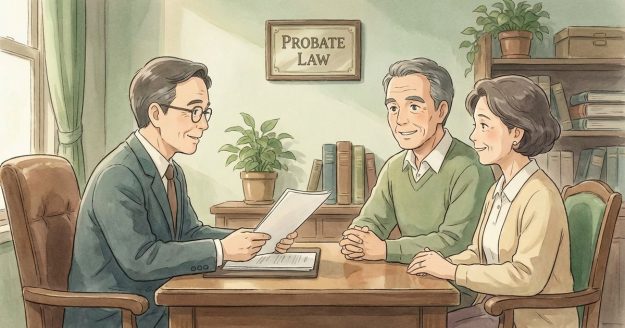How are the deceased person’s debts and bills handled during probate? nc
How are the deceased person’s debts and bills handled during probate? – North Carolina Short Answer In North Carolina probate, the personal representative (executor or administrator) gathers estate assets, gives legal notice to creditors, reviews any claims that are properly filed, and then pays valid debts from estate funds—not from an heir’s personal money. Creditors…











